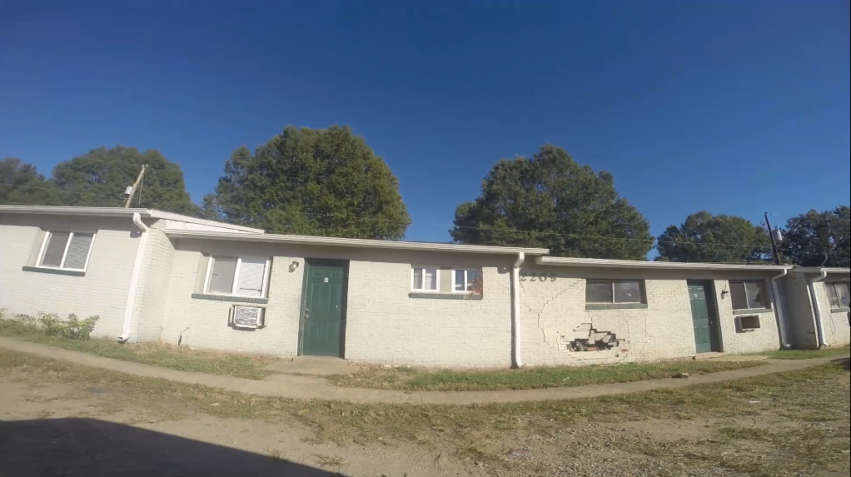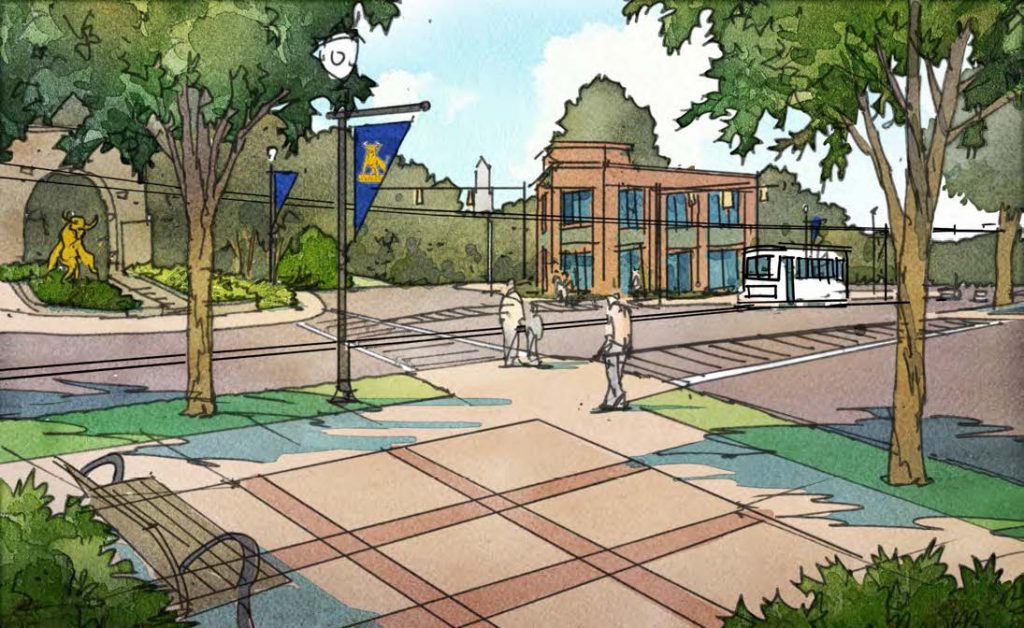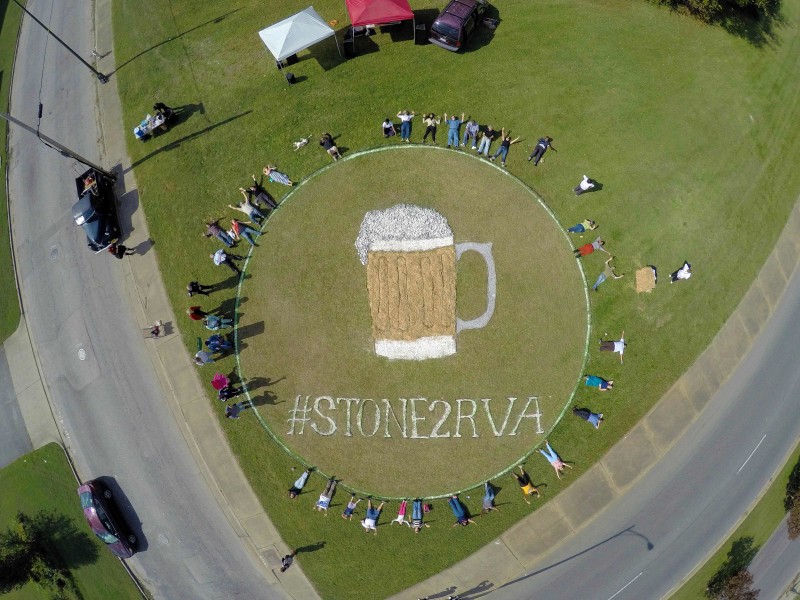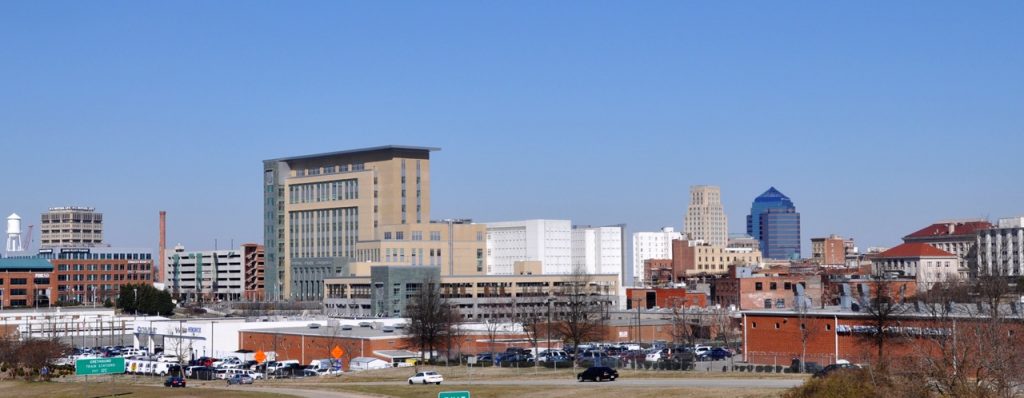
I recently was asked to speak to a joint meeting of town councils of four communities in Eastern North Carolina. The subject they asked me to speak about was community engagement. What I ended up spending most of my time talking about were two frames for thinking about the role of local government in the overall process of community building. The two frames are local government as vending machine and local government as barn raising. In 1996, Frank Benest, former city manager of Palo Alto, California, wrote an article in ICMA’s Public Management (PM) magazine asking whether local government was serving customers or engaging citizens. He used the metaphor of the vending machine (which he attributed to another city manager, Rick Cole) to describe the common way local government’s are thought of.






